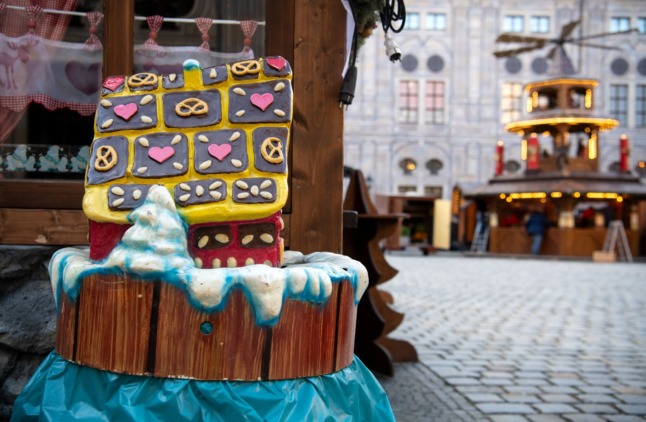Matthäus-Maier resigned “for health reasons” but would remain on the board until September when she turns 63, according to a statement issued by the bank on Monday.
“Turbulence regarding the IKB rescue plan and persistent speculation about me in the past months have made it impossible for me to devote all my strength to my work,” she said.
Her contract was originally to run until June 2009.
KfW currently owns roughly 43 percent of IKB, a specialist in loans to small- and medium-sized business that almost went bankrupt after investing heavily in securities backed in part by high-risk US mortgages. It has since received a series of bailouts lifelines worth several billion euros, with KfW footing most of the bill.
IKB expects to post a loss of around €800 million for its year to March 2008. Following a capital increase at IKB, KfW’s holding will rise to around 90 percent later this year and while the development bank has been looking to sell its stake, few prospective buyers have come forward.
Among them are the regional savings banks WestLB and BayernLB, both of which were also caught up in the financial turmoil and have received state-backed guarantees worth billions of euros.
Matthäus-Maier is one of the highest-ranking women in the German corporate world but some had said her training as a jurist did not qualify her to run one of the country’s leading banks.
A former member of the liberal Free Democratic Party (FDP) and the youngest member of parliament in 1976, she switched to the centre-left Social Democrats in 1982. She joined the KfW board in July 1999 and was named its head in October 2006.
Members of the conservative German Christian Democratic Union (CDU) party and others in the FDP have slammed her management of KfW. The German development bank has named board member Wolfgang Kroh as its interim head.
KfW also said on Monday it would post a loss of €6.4 billion ($10 billion) for 2007 owing to rescue packages for IKB. The German government’s financial arm had made a profit of €1.5 billion in 2006 and was publishing results calculated for the first time according to IFRS or international accounting standards.
KfW had to provide guarantees for the Rhineland Funding conduit through which IKB had invested in the US securities and also had to write down the value of its investment in IKB. The total cost of the debacle has come to €7.2 billion, including €400 million for the asset writedown and €6.8 billion for the backing provided to IKB.
Without the exceptional charges, KfW, which has a mandate to back small enterprises and investments in developing countries, would have posted a profit of close to €1 billion.


 Please whitelist us to continue reading.
Please whitelist us to continue reading.